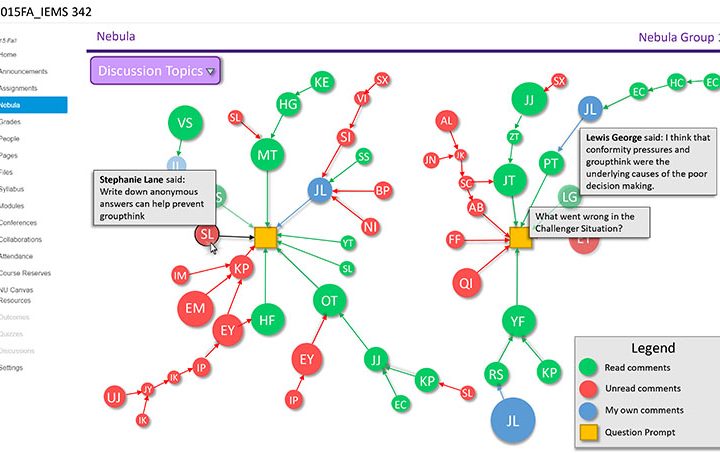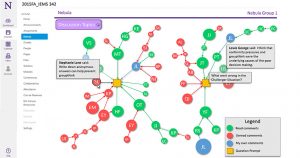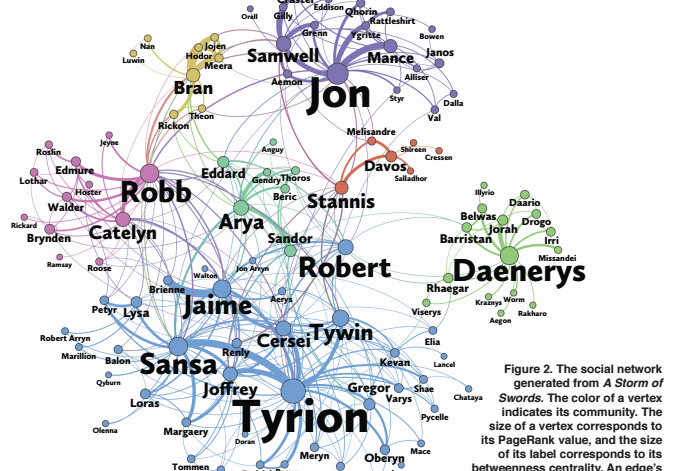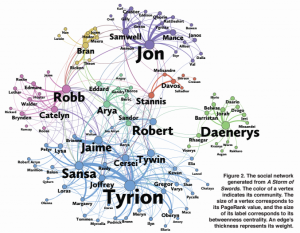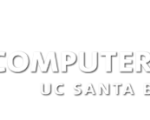SONIC JD/PhD candidate Ryan Whalen, along with coauthors Yun Huang (senior research associate at SONIC), Craig Tanis, Anup Sawant (senior software developer at SONIC), Brian Uzzi (SONIC affiliated faculty) and Noshir Contractor (SONIC lab director) recently published an article titled “Citation Distance: Measuring Changes in Scientific Search Strategies” in the Proceedings of the 25th International Conference Companion on World Wide Web.
Abstract:
Using latent semantic analysis on the full text of scientific articles, we measure the distance between 36 million citing/cited article pairs and chart changes in citation proximity over time. The analysis shows that the mean distance between citing and cited articles has steadily increased since 1990. This demonstrates that current scholars are more likely to cite distantly related research than their peers of 20 years ago who tended to cite more proximate work. These changes coincide with the introduction of new information technologies like the Internet, and the increasing popularity of interdisciplinary and multidisciplinary research. The “citation distance” measure shows promise in improving our understanding of the evolution of knowledge. It also offers a method to add nuance to scholarly impact measures by assessing the extent to which an article influences proximate or distant future work.
Read the full article here.

